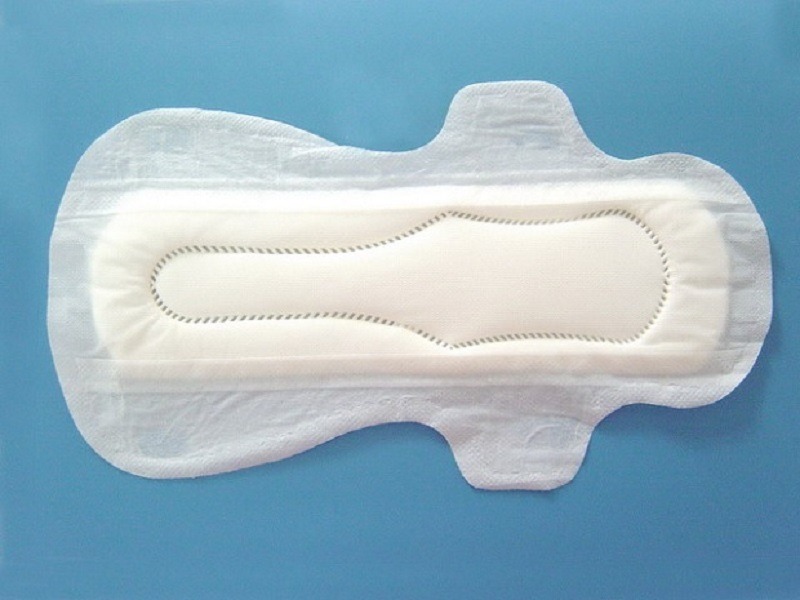
MANY women and girls, particularly those living in rural areas, were still using ash, sacks, feathers or rags, as sanitary wear exposing them to infections, NewsDay Weekender has heard.
BY WINSTONE ANTONIO
A local lobby group, Divine Mercy Humanitarian Trust (DMHT) said women were being stripped of their dignity that spreads its tendrils to the monthly female nature needs. One of DMHT’s founding members, Simon Mupindu said the government must prioritise the free distribution of sanitary pads to preserve the health of underprivileged young girls in communities.
“In some cases, some girls have been forced to adopt unhealthy practices to mitigate their monthly menstruation period. Some of these practices include use of worn out clothes and cow dung as substitutes for sanitary pads where they will be vulnerable to diseases like cervical cancer,” he said.
“Some girls of school-going age are forced to miss school, when nature calls, which affects them dearly, especially during their examination periods and during co-curricular activities, which are done outside classrooms.”
Mupindu said, in more severe cases, some girls have become recluse, which affects their social life and their psychological wellbeing.
“As an organisation, we understand that girls living in some marginalised rural communities do not have the same privileges of acquiring sanitary pads accrued by their counterparts living in the cities, due to a variety of reasons. However, these are as important to the moral, health and livelihood of the girl child,” he said.
“A number of rural communities still perceive a girl child as equivalent to any other means of income-generating equipment such that her welfare is not well catered for. Bearing in mind that empowering a female is empowering a nation, we are hopeful that if the government intervenes this will help communities realise the importance of the girl child as sanitation is of paramount importance to every human being.”
- Chamisa under fire over US$120K donation
- Mavhunga puts DeMbare into Chibuku quarterfinals
- Pension funds bet on Cabora Bassa oilfields
- Councils defy govt fire tender directive
Keep Reading
Mupindu said there was need for the girl child to have access to adequate information, preparation, and support, with which to manage monthly periods in a healthy, safe, and dignified manner.
DMHT director, Maria Tsingano said they were seeking an audience with policymakers ahead of the launch of a campaign to lobby for the free distribution of sanitary wear. MDC Proportional Representation legislator, Priscilla Misihairabwi-Mushonga has been lobbying for the scrapping import duty on menstrual cups and their free distribution to girls to alleviate the sanitarywear crisis in Zimbabwe.
“We are farmers of the cotton, but some parents cannot afford to buy sanitary pads for the girl child as they are expensive, forcing them to use unhygienic methods to manage menstruation like the use of old clothes with some coming out colours. We are, therefore, calling for the government to intervene, so that the pads can be distributed for free to the girl child who is vulnerable,” she said.
Mabvuku-Tafara legislator, James Maridadi (MDC-T) also called on the government to provide free sanitarywear in public toilets.
“We are saying yes sex is a choice, but menstruation is nature, so if condoms are distributed for free why not the same to sanitary wear, which is being sold at a higher rate than a condom. Research has proved that the use of unhealthy sanitary methods by women during their menstrual period has high rates of causing cervical cancer.”
Tsingano said they will be embarking on several initiatives as they advocate and lobby for the free distribution of sanitary wear, as well as raising awareness towards women’s welfare.
“One must think of the girls and women, who are living in streets, prisons, rural areas and some remote marginalised and impoverished areas of Zimbabwe and beyond, how are they managing to cope with their menstrual hygiene each and every cycle?” she asked.











